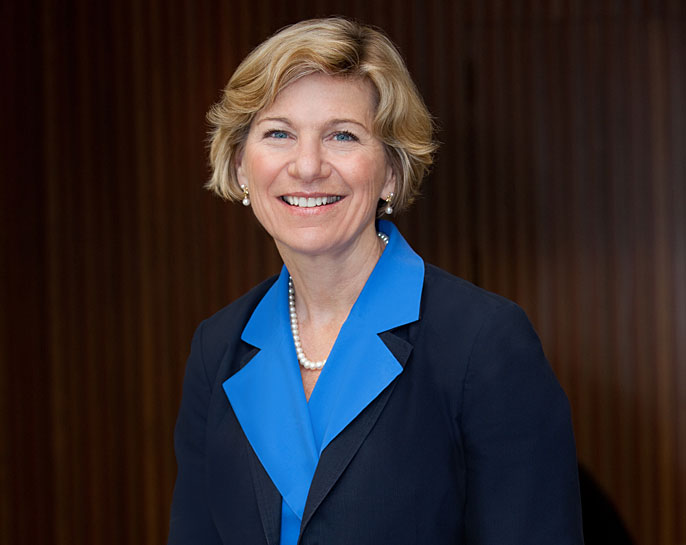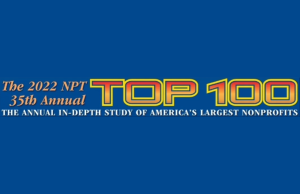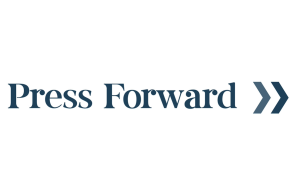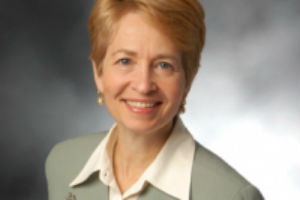Susan Desmond-Hellman, M.D., CEO of the Bill & Melinda Gates Foundation, is stepping down at the end of January, citing health and family considerations. Mark Suzman, the foundation’s chief strategy officer, will take over the $51.8-billion organization on Feb. 1, 2020.
No further information was provided regarding the reference of her health. “This was without doubt the toughest decision of my career,” said Desmond-Hellmann. “But I felt I could no longer be the CEO the foundation needs and deserves at this vital time.”
The 62-year-old stepped down from the board of Facebook this past Oct. 30, effective immediately. In a statement upon leaving the board, she cited “my extended family, and my own health make it no longer possible for me to commit the necessary time and energy required to properly serve Facebook and its shareholders.” She joined Facebook’s board in March 2013 and served as Lead Independent Director from June 2015.
Bill and Melinda Gates both praised Desmond-Hellmann’s leadership and expressed gratitude for her work to guide the foundation into its 20th year. “Sue brought an incredible set of attributes to the foundation: scientific expertise, tested leadership skills, a passion for building a strong internal culture, and, above all, a dedication to the mission of making the world a healthier, more equal place,” Melinda Gates said via a statement. “Whether we were sitting in a conference room in Seattle or spending time with farmers in southern Africa, I was always grateful for her perspective and her partnership. Our foundation is better for the fact that Sue walked through its doors five years ago, and I wish Sue and her family all the best.”
Desmond-Hellmann joined the foundation in 2014 after serving as the chancellor of the University of California, San Francisco (UCSF). An oncologist by training, she treated and researched AIDS-related cancer in San Francisco and Uganda in the 1980s and early 1990s, and led the development of the first gene-targeted breast cancer drug – Herceptin — while president of Genentech.
During her tenure at the foundation, Desmond-Hellmann oversaw the creation of the Gates Medical Research Institute — the world’s first nonprofit biotech organization — as well as the launch of the Economic Mobility and Opportunity investment strategy in the United States. She also co-chairs the Post-Secondary Value Commission on how to calculate the return on investment of college, especially for low-income students. A hallmark of her tenure has been her focus on the importance of management and succession planning. She strengthened the authority, accountability, and decision-making practices of the foundation’s leadership teams and focused on improving culture, diversity, equity, and inclusion.
Desmond-Hellman was recognized in The NonProfit Times’ annual NPT Power & Influence Top 50 for four consecutive years, from 2016 through 2019.
A native of South Africa, Suzman joined the foundation in 2007 as director of Global Development Policy & Advocacy, becoming president of Global Policy & Advocacy in 2012 and taking on the additional responsibilities of the foundation’s first chief strategy officer in 2016. As president, he helped build and manage the foundation’s growing global presence in Europe, Africa, India, and China, as well as overseeing all government relations, philanthropic partnerships, and strategic communications in the United States and globally. As chief strategy officer, Suzman led an overhaul of the foundation’s approach to developing and measuring strategic priorities, according to the foundation’s announcement.
Before joining the foundation, Suzman held multiple positions at the United Nations, including senior advisor for policy and strategic communications in the Office of Secretary-General Kofi Annan and policy director at the United Nations Development Program. Prior to that, he was a correspondent for the Financial Times, serving in Johannesburg, London, and Washington, D.C. He holds a doctorate in international relations from Oxford University, where he was a Rhodes Scholar.










